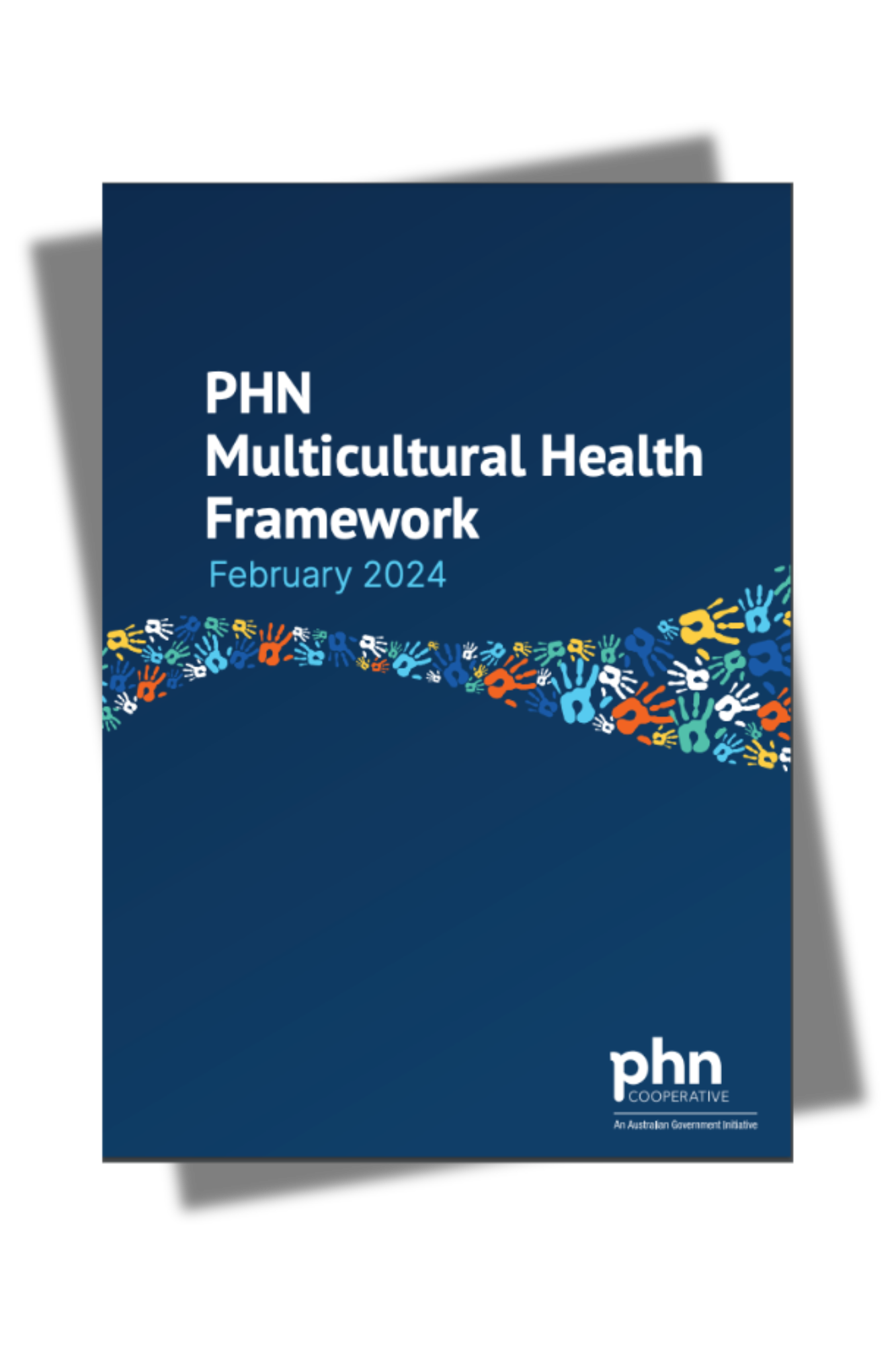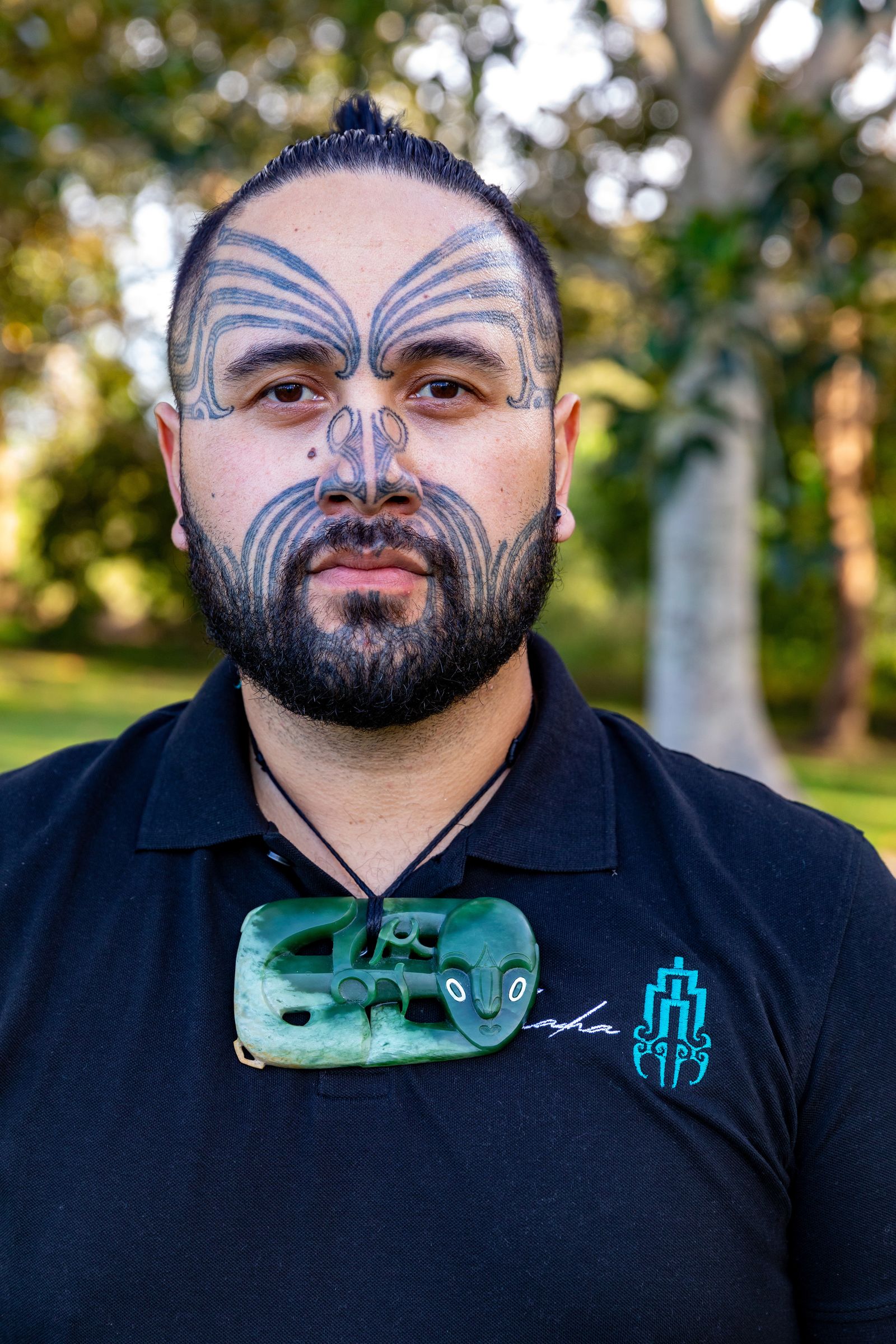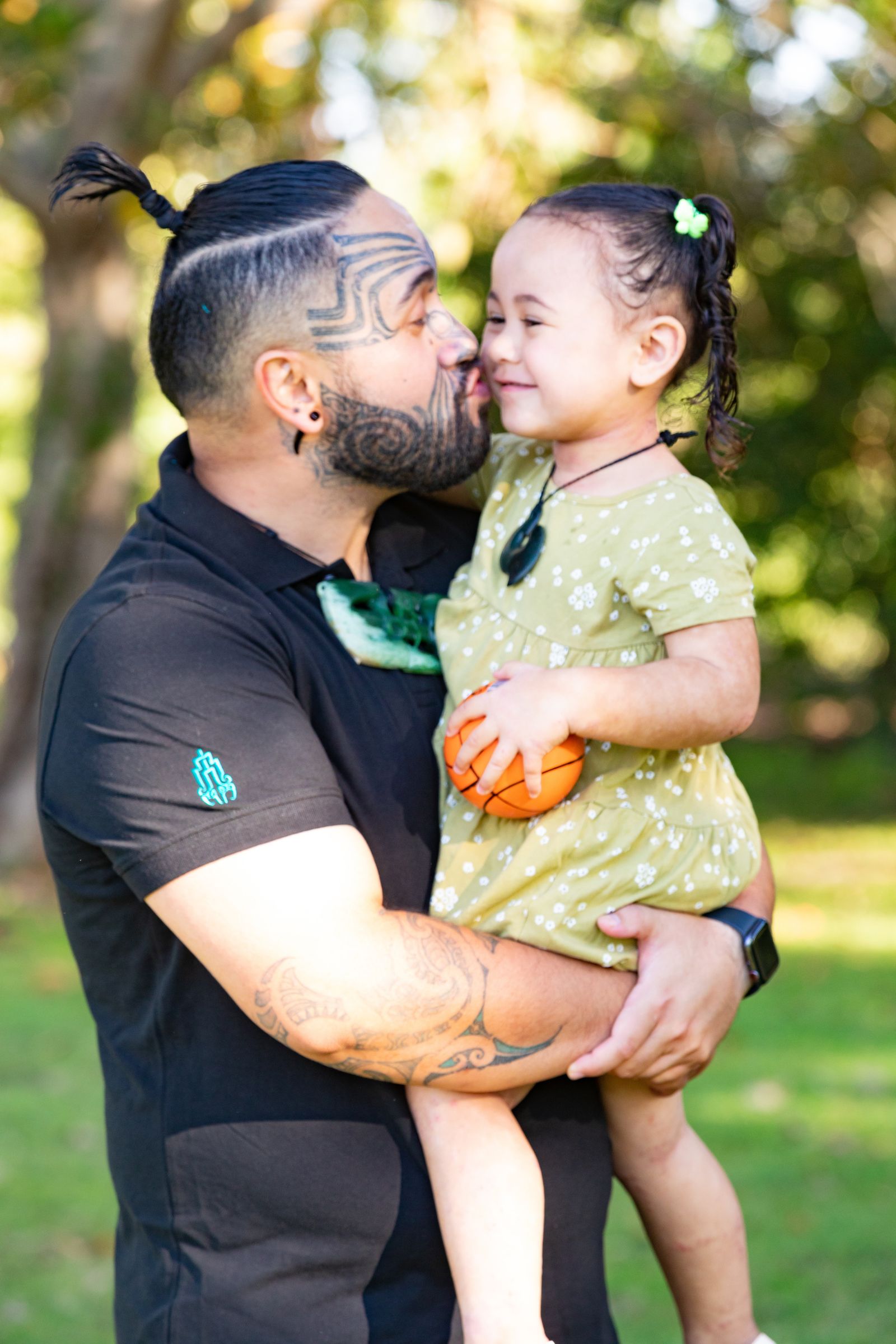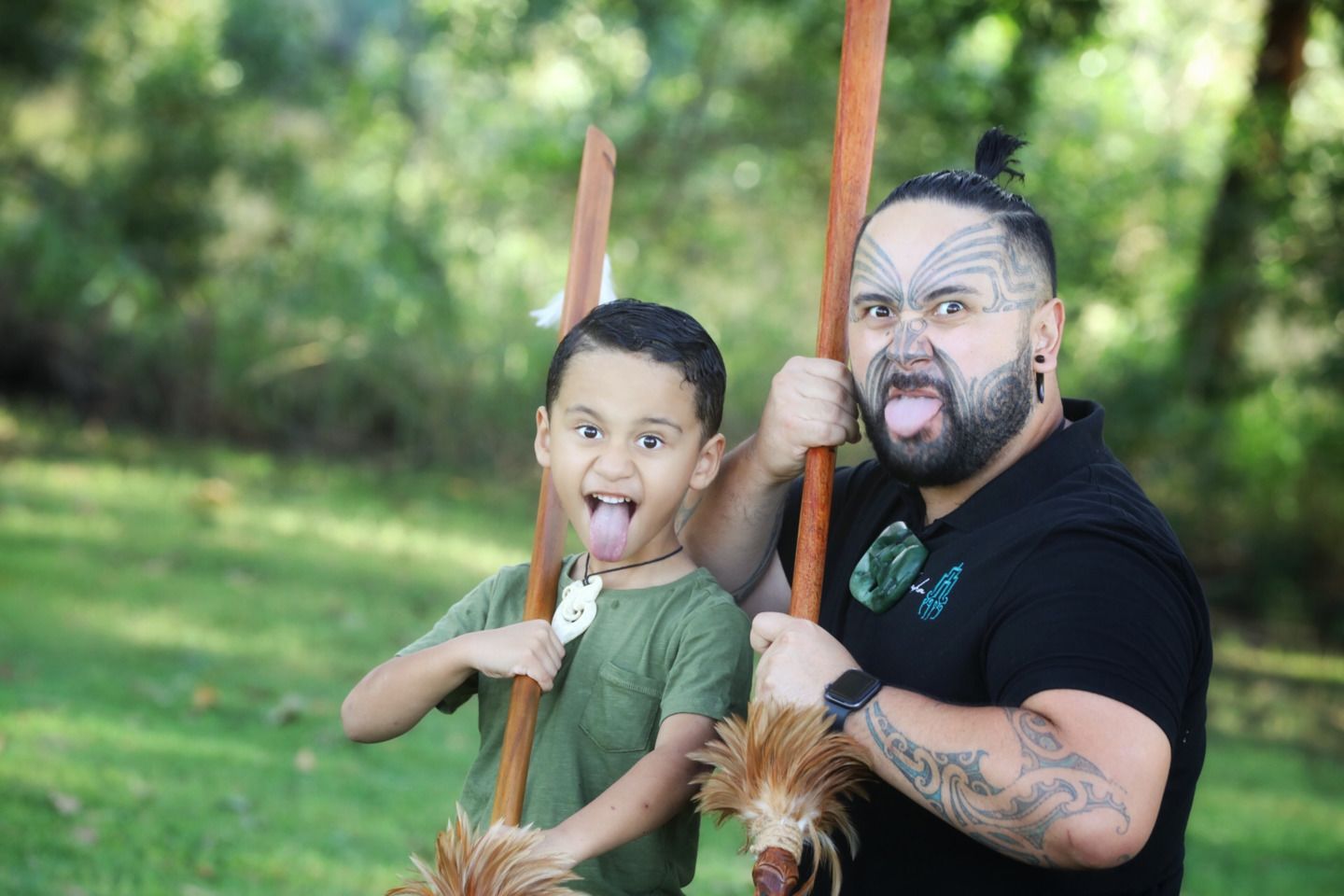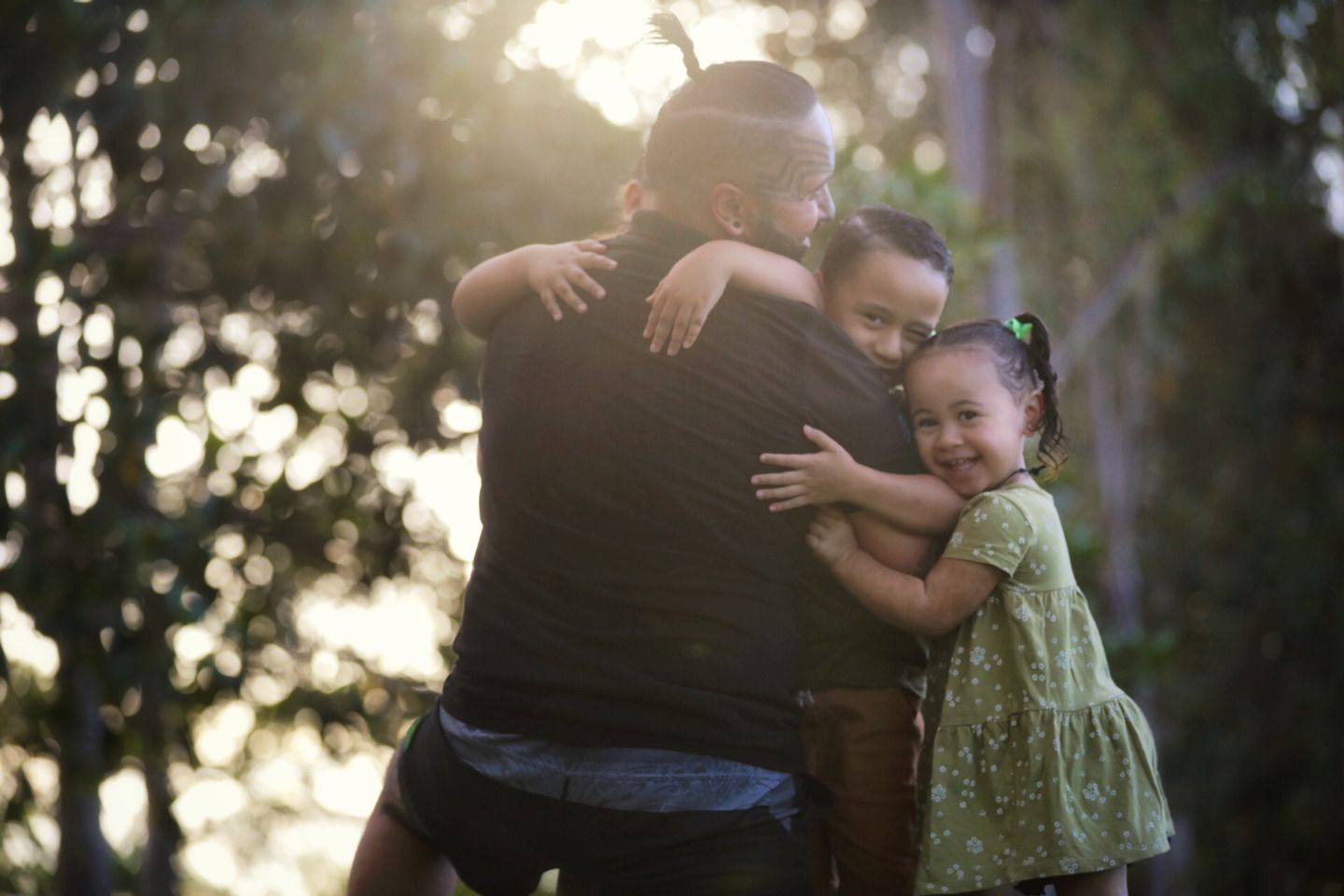Multicultural health
People from multicultural backgrounds have barriers to accessing healthcare and increased care inequities, while certain groups have poorer health outcomes. The Multicultural Health team works to improve the health and wellbeing outcomes and experiences of people of multicultural backgrounds by making sure:
- primary healthcare is accessible and equitable for people of
multicultural backgrounds - people of multicultural backgrounds receive culturally and clinically appropriate care.
The team also works with the sector to identify and address gaps in health for people of multicultural backgrounds.
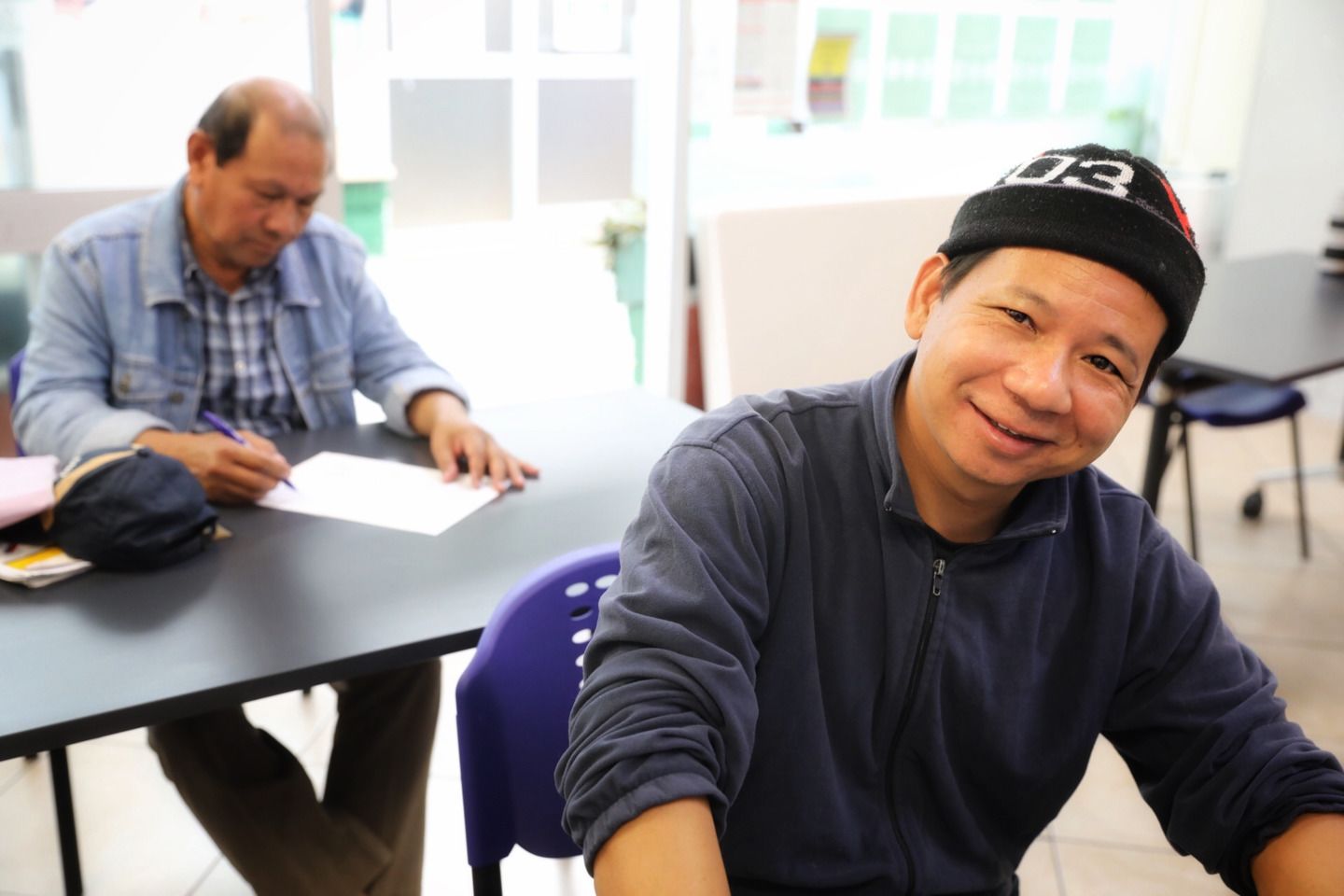
Key achievements
- Received funding from the Department of Health and Aged Care for the delivery of the Multicultural Access Program – the first time PHNs received a specific funding stream for multicultural health activities
- Lead development of the PHN Multicultural Health Framework in collaboration with a working group of other PHNs
- National lead in supporting other PHNs to implement the PHN Multicultural Health Framework, resulting in more PHNs implementing multicultural health activities
- Released 7 x $15,000 small grants to Pasifika and Māori grass-roots community organisations for activities to support mental health (Alamea Project), resulting in more than 1000 community members being involved and an increase in awareness of mental health, cultural identity and community connection
- 3 Pasifika and Māori community-based suicide prevention co-design workshops were held to support the design of innovative community-based suicide prevention activities
- QPASTT (Queensland Program of Assistance to Survivors of Torture and Trauma) Communities Healing to Thrive and the Mater Health Literacy Program doubled their expected participant targets
Case studies
National lead role for PHN multicultural health
Brisbane South PHN is regarded across Australia as a leading PHN in the field of multicultural health commissioning, and is the only PHN to have a team dedicated to improving access to appropriate and safe care for people of culturally and linguistically diverse (CALD) backgrounds, including those from refugee backgrounds.
Beginning in May 2023, we led a national PHN working group to develop a PHN Multicultural Health Framework as a guide to improve health and wellbeing outcomes and experiences for multicultural communities across all PHN regions. The Framework was launched in February 2024 with excellent feedback and engagement.
In March 2024, Brisbane South PHN secured further funding for the national lead role to support other PHNs with the implementation of the PHN Multicultural Health Framework. This work has already led to an increase in collaboration and improved efficiencies among PHNs seeking to embed this important work across their regions.
Pasifika and Māori community-based suicide prevention project
Pasifika and Māori communities face disproportionately higher risks of mental health challenges and suicide because of factors including navigating a different culture,
socio-economic disadvantage and loss of cultural identity. To overcome this, we need tailored interventions that cater to the specific needs of the community.
The Brisbane South PHN Multicultural Health team worked closely with the Suicide Prevention team and Pasifika and Māori communities to ensure the appropriate allocation of Targeted Regional Initiatives for Suicide Prevention (TRISP) funding. A series of
co-design workshops (co-funded by the multicultural health team and the Metro South Health Equity and Access Team) were delivered for community members and service providers to identify needs and priorities.
Workshop participants said they felt truly heard and safe to share their insights and they learned the importance of working together to create solutions for their communities.
Our internal procurement processes were also adapted to ensure a more culturally responsive approach and to improve equity for grass-roots community providers. For example:
- video submissions were allowed in addition to written ones
- the selection panel consisted of 50% community members and 50% health
service representatives.
The outcome of the tender was that a consortium of 5 grass-roots organisations was successful to deliver a community-based suicide prevention project for Pasifika and Māori communities in the area.



